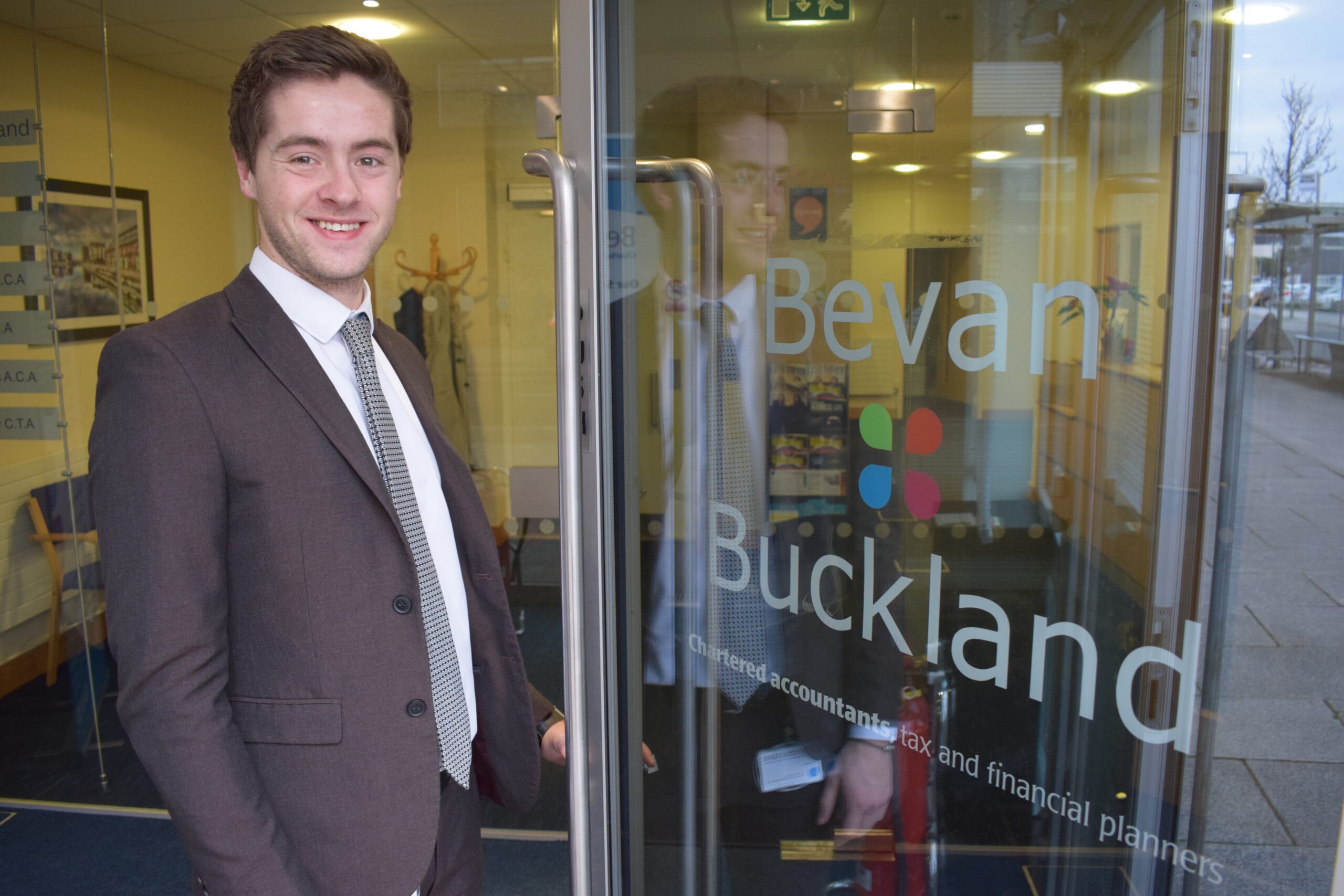Established accountancy firm Bevan Buckland LLP is no stranger to providing assistance with tax returns. With the 31st January 2019 deadline fast approaching, the team behind Bevan Buckland LLP is spreading the word about how to complete self-assessment returns as accurately and successfully as possible.
Their advice will be music to many sole traders’ and business owners’ ears, particularly as a recent study found that more than a quarter of tax returns in January 2018 – that’s 1,290,948 altogether – were submitted less than 48 hours before the self-assessment filing deadline at midnight.Around 30,348 of those were left literally to the last minute, between 11pm and 11:59pm.
“Most employees’ tax is deducted automatically through PAYE. However, when you’re self-employed, it’s up to you to let HMRC know your income for the year and pay any tax you owe. This is done through a self-assessment tax return. That’s not the only reason you might be required to complete self-assessment though. You may need to submit a return for other reasons such as rental income or other untaxed income, income from savings, and investments including dividends from shares. A number of people have been asked to complete a return because they are a company director or as a result of having claimed child benefit,” said James Davies, Tax Consultant at Bevan Buckland LLP.
The process for self-assessment can be fairly lengthy, so make sure you’re aware of the different stages and have enough time to complete them. If it’s your first time completing a self-assessment tax return, or you didn’t file one in the previous year, the first thing you’ll need to do is register. The registration deadline for returns relating to the 2017/18 tax year was 5thOctober 2018. If you missed this deadline, or miss any of the others in the process, speak to HMRC as soon as possible. You may still be fined but this shows good faith and can make the process less painful.
James added, “There are other deadlines that you have to be aware of when completing your return. The deadline for paper returns for 2017/18 was 31stOctober 2018, whilst online returns must be filed by 31stJanuary 2019. Before you begin, make sure you have all your records and paperwork together. If you’re registered as self-employed, you’ll need records of all your business expenses, any sales or income, PAYE records (if applicable), VAT records (if registered), and records of your personal income. If you’re employed or a company director for a limited company, you may also need P45, P60 and P11D forms; certificates from a taxed award scheme; information about any redundancy or termination payments; and information about income and benefits from your job.”
When you’ve finished filling in your return – but before you submit it – you can view your calculation to see how much tax you owe. This will include any tax you owe for the 2017/18 tax year, as well as your first payment on account towards the 2018/19 tax year. The deadline for paying it is the same as that for filing the return, by midnight on 31stJanuary 2019.
“There’s an initial £100 penalty if your return is up to three months late, but this could increase the longer you leave it. Remember it’s better to finish your return early to avoid a last-minute rush – but if the thought of rummaging through old receipts and puzzling over tax calculations fills you with dread, we can help. Don’t let common problems, like missing out on tax relief, not declaring all your income, and late or inaccurate filing, get you down. Avoid them from the start by letting us handle your self-assessment tax return and ensure it’s completed accurately and on time. Getting your tax return in earlier will also help you plan for your tax payment in 2019. If you are one of the lucky few, you could even receive a tax repayment to help cover the cost for Christmas,” concluded James.

